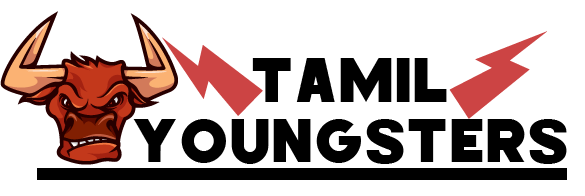IAS Prelims : Economy(03)
Economy
1. According to Suresh Tendulkar Report, What percentage of population was under the poverty Line in 2004-05?
A.36 %
B.37.2 %
C.40.2%
D.33 %
Answer: B
2. Which of following statement is true about the Primary deficit?
A. It is difference between Revenue receipts and Revenue Expenditure
B. It is difference between capital receipts and Interest Payment
C. It is difference between the Fiscal Deficit and Interest Payment
D. It is addition of Fiscal Deficit and Interest Payment
Answer: C
3. Who introduced Zamindari system in India?
A. Lord Carnwallis
B. Lord Wlliam Bentinck
C. Lord Dalhousie
D. Lord Canning
Answer: A
4. Base Effect remains in news, which of following statement is true about Base Effect:
A. It is Change in numbers of items for which price quotations are taken
B. It measures Impact of fuel items on inflation
C. Impact of the rise in price level in the previous year over the rise in price level in the current year
D. Problem due to miscalculation
Answer: C
5. What percent branches are to be established in unbanked areas under the provision of new Banking licensing schemes
A.20%
B.40%
C.22%
D.25%
Answer: D
6. What does the tax haven mean?
A. Important source of tax revenue for government
B. Countries or states which impose no tax or very low tax that attract wealth from all over the world.
C. Rich class of society that pays the tax
D. Particular section of society that does not pay the tax
Answer: B
7. Our first five year plan primary focused on
A. Agricultural Sector
B. Manufacturing Sector
C. Defense up gradation
D. Service sector
Answer: A
8. Which of following statement is true about charged expenditure?
A. Expenditure which requires voting of parliament
B. Expenditure which does not require voting of parliament
C. Expenditure which is incurred on productive activities
D. Expenditure which is incurred on social welfare schemes
Answer: B
9. Which sector constitutes the maximum share in GDP of India
A. Primary Sector
B. Secondary Sector
C. Tertiary Sector
D. None of above
Answer: C
10. Who operates the monetary policy in India?
A. Ministry of Finance
B. Reserve Bank of India (RBI)
C. Security and Exchange Board of India
D. All of above
Answer: B




